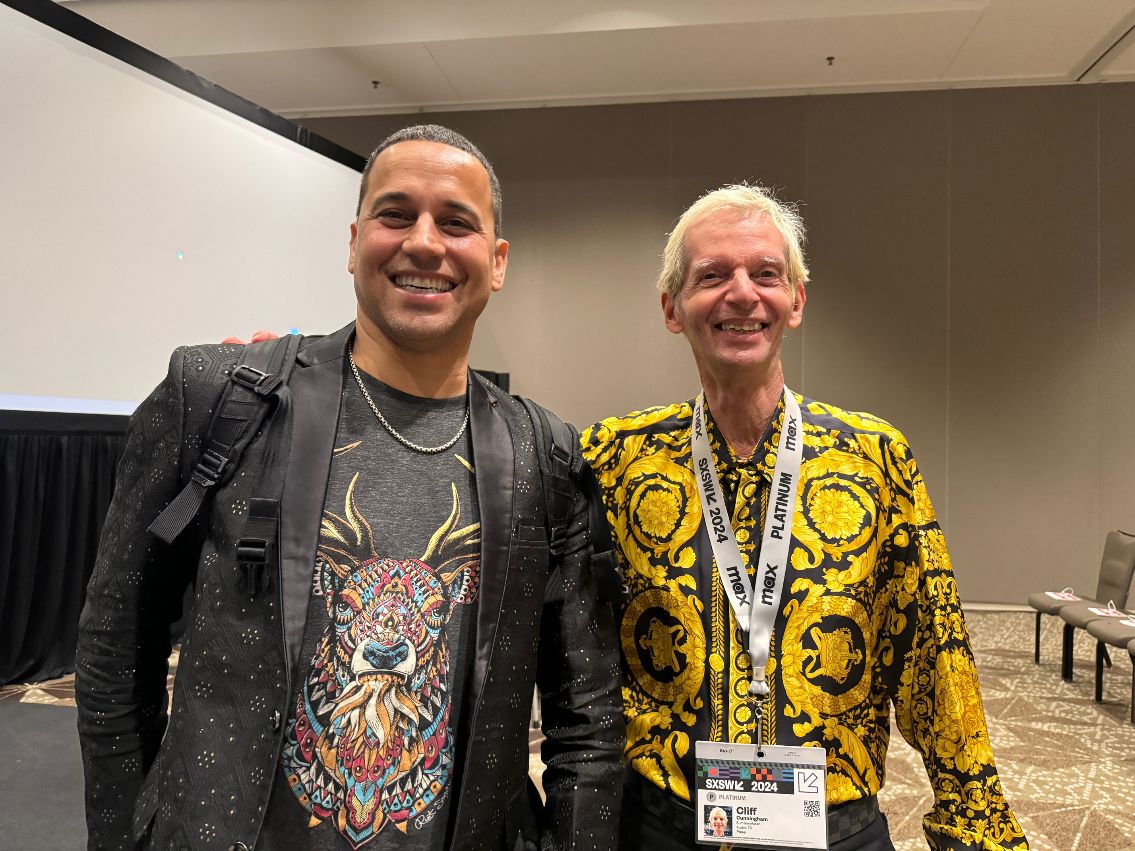An astronomer whose job it is to search for extraterrestrial intelligence made a bold proposal at SXSW in Austin. In an interview after his panel discussion, Dr. Franck Marchis explained his idea.
“If we want to be able to communicate with aliens, because of the distance, it would be almost impossible. If we send a signal it would take years, and more years to come back to us – we would not learn anything. One of the reasons I do the search is to know whether or not we are alone (I’m convinced we are not, but that’s a personal belief). I want humanity to find a brother or sister with whom we can communicate, and exchange information to know how to solve the major problems we are encountering on our planet. Maybe they are 200-300 years more advanced than us, and they are going through the same trauma we are going through now.”
Since the typical concept of sending a brief signal towards stars with potential habitable planets is not effective, Marchis has devised a novel solution. “We send them our Chat GPT, with all our knowledge and who we are. They can find out about us and understand us better, like interacting with human beings. And they do the same. In this way we have this communication and can ask them scientific and technical questions. That’s why it’s important to send something valuable, because they will then send us something valuable in exchange.” Marchis is hoping to write further on this for Wired magazine, and then expand on it in a scientific paper.
Marchis (at left in lead photo) discovered the first triple asteroid system in 2005, and we both have an asteroid named in our honour: 6639 was named Marchis and 4276 was named Clifford. I have known him for quite a few years. He has been a Planetary Scientist at the SETI Institute since 2007; the acronym stands for ‘search for extraterrestrial intelligence.’ He was joined on stage for the panel discussion by two other members of the SETI Institute, Daniel De Paulis (artist in residence) and Wael Farah (research scientist).
Shelley Wright, Professor of Astronomy at the University of California (San Diego) also brought her expertise to the panel. She explained the importance of the cultural and societal aspects of SETI. “The public and the science community need to take this head-on. This is important for education, and multi-generational. We need to teach our kids: they should be excited about aliens! If they’re excited to do the search they should also explore that. This is a passing of the torch from generation to generation.” In that remark she was alluding to the fact that the first search began 60 years ago, initiated by Dr. Frank Drake (I had the good fortune to meet and discuss SETI with him; he died in 2022).
Farah reinforced this, stating “The search for ET extends beyond the scientific. I face that all the time when I introduce myself as an astrophysicist. The first question is ‘Have you found aliens?’, before people even know that I do that. It’s a question that we share, both scientists and the public in general. Ask any children, the first thing they think about is aliens. There used to be a taboo in the scientific community on this, but not so much now.”
Marchis said that in his 25 years in this field, he has also experienced the taboo. “What has really changed the perspective of the search is the fact they we now know that there are billions of planets in our galaxy, and there at least millions of them that could be like our own planet, potentially habitable. This has changed drastically the perception we have of our own galaxy. There are so many Earth-like planets, there is the possibility life will be there. Maybe simple life, maybe a technological civilization.”
De Paulis explained that the protocol for what happens if we really do find a signal from another civilization in outer space is hopelessly out of touch with reality. The protocol was developed in the 1990s. It says “scientists should communicate with the leaders of various governments, and eventually this discovery would be made public. So there would be a discussion amongst these world leaders on whether it is a good idea to release this information to the public or not. Now, however, this protocol seems very outdated. A new protocol is under development, taking into account we are a much more connected society. It’s supposed to be an instrument for the scientists to feel that they’re in control, but probably it will not go according to this script.” Marchis commented that the whole world would know within a hour!
